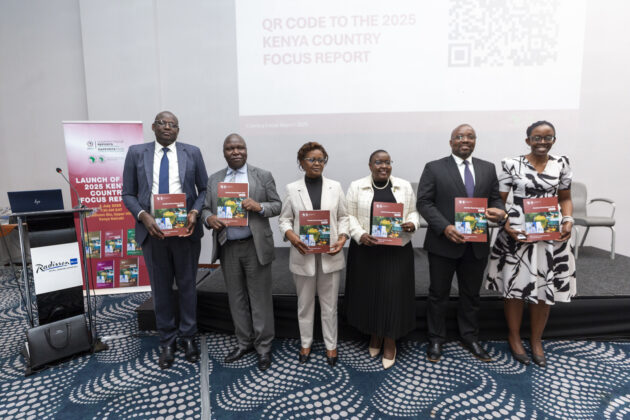AfDB urges fiscal reforms to boost Kenya’s economic growth
NAIROBI, Kenya, July 9 – The African Development Bank (AfDB) has called for reforms that will broaden fiscal revenue, formalize the informal sector, deepen financial markets, and maximize the country’s human resource dividend to enhance Kenya’s ability to mobilize its own capital for development.
In its newly released Country Focus Report (CFR) for Kenya, themed “Making Kenya’s Capital Market Work Better for its Development”, the bank noted these reforms are crucial to driving stronger economic growth and improving domestic resource mobilisation.
The Bank’s Country Economist Caroline Ntumwa observed that despite Kenya’s progress in infrastructure, finance, and services, the quality of capital remained weak, with fiscal capital burdened by high levels of debt and uneven financial access.
She further noted that natural capital is declining, and human capital is affected by poor learning outcomes and significant skills gaps.
“To unlock Kenya’s capital for development, we must all work differently. Broaden the tax base and improve compliance, especially through informal sector integration and digital tax administration; Expand access to affordable credit, deepen capital markets, and crowd in green and blended finance,” urged George Kararach, the Bank’s East Africa lead economist.
The CFR report revealed that the nation’s economy is projected to improve at a 5.3 percent growth rate in 2025, driven by enhanced agricultural productivity, growth in the services sector, and the implementation of the government’s policies aimed at increasing growth through the country’s Bottom-Up Economic Transformation Agenda.
It indicated that Kenya’s real economic growth in 2024 grew by 4.6 percent despite recent macroeconomic stability, highlighting growth in Kenya’s economic performance.
The study indicated that weak industrial activity, low investment, and climate shocks, however, slowed the country’s economic growth last year.
Kenrick Ayot, a senior deputy director at the National Treasury, noted that the economy remained resilient due to sustained government interventions that led to a sharp drop in inflation to 3.8 percent in May 2025 from a peak of 9.6 percent in 2022.
Ayot also attributed the performance growth to a significant appreciation of the Kenyan shilling from Sh159.7 to the US dollar in January 2024 to Sh129.3 by the end of May 2025.
“The Kenyan economy has remained resilient. The strong growth, above the average global growth rate of 3.3 %, reflects the impact of sound and deliberate policies as well as the resilience of our well-diversified economy,” Ayot said.








